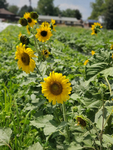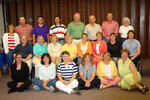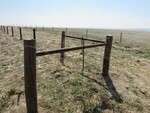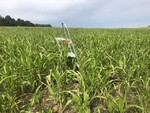Posted date: Mar 29, 2017
by: Jason Padgett
3512 Views
Here is a link to the information page on the Kansas Legislature site:
http://www.kslegislature.org/li/b2017_18/measures/hb2389/
March 23, 2017
The Honorable John Barker, Chairperson House Committee on Federal and State Affairs Statehouse, Room 285-N
Topeka, Kansas 66612
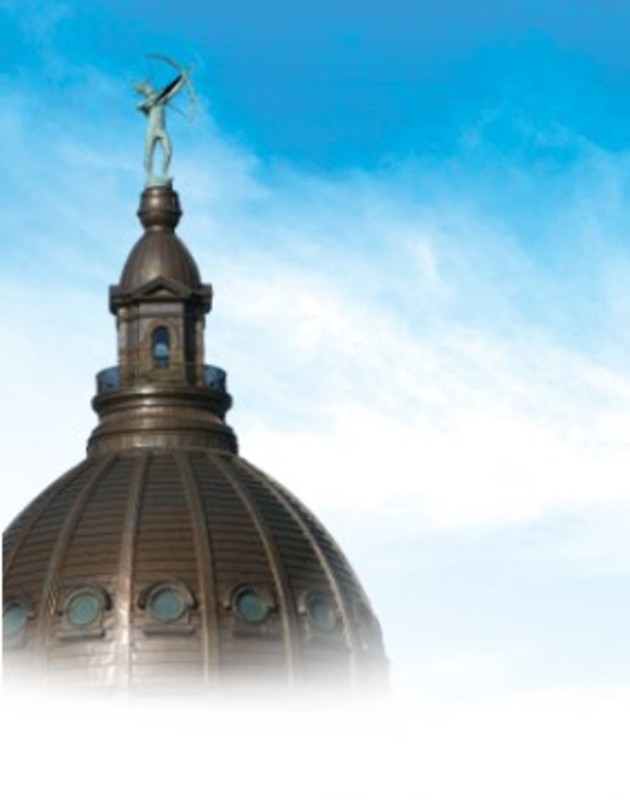
SUBJECT: Fiscal Note for HB 2389 by House Committee on Federal and State Affairs
In accordance with KSA 75-3715a, the following fiscal note concerning HB 2389 is respectfully submitted to your committee.
HB 2389 would amend the Kansas Amusement Ride Act by prohibiting the operation of any amusement ride unless a valid permit has been issued to the owner by the Kansas Department of Labor. The bill would specify what information must be included on the application and would require an annual permit fee of $840 for amusement rides erected at a permanent location and an annual permit fee of $100 for amusement rides erected at a temporary location. All permit fee revenues remitted would be credited to the State General Fund, but the fee would be returned to any applicant that is denied. The owner of an amusement ride would be required to have a current insurance policy written by an insurance company authorized to do business in this state, or by a surplus lines insurer, of at least $100,000 per occurrence with a $300,000 annual aggregate for amusement rides that are restricted solely for use by patrons aged 18 or over, and at least $1,000,000 per occurrence for all other amusement rides insuring the owner or operator against liability for injury to persons arising out of the use of the amusement ride.
The owner of an amusement ride would be required to notify the Department of any serious injury reported by a patron, or any injury caused by a malfunction or failure of the amusement ride or caused by an operator or patron error which impairs the function of the amusement ride. The notification must be submitted within 72 hours of the time that the operator becomes aware of the injury If a serious injury occurs, the equipment or conditions that caused the injury must be preserved for the purpose of an investigation by the Department unless an investigation is deemed unnecessary by the Secretary of Labor. Significant injury would include, among other injuries, any injury or illness that requires immediate medical treatment. The bill would define qualified inspector as a licensed engineer who has:
1. Completed at least two years of experience in the amusement ride field, consisting of at least one year of actual inspection of amusement rides for a manufacturer, government agency, amusement park, carnival or insurance underwriter, and an additional year of practicing any combination of amusement ride inspection, design, fabrication, installation, maintenance, testing, repair or operation; or
2. Provides satisfactory evidence of completing a minimum of five years of experience in the amusement ride field, at least two years of which consisted of actual inspection of amusement rides for a manufacturer, government agency, amusement park, carnival or insurance underwriter, and the remaining experience consists of any combination of amusement ride inspection, design, fabrication, installation, maintenance, testing, repair or operation.
The bill would require amusement rides erected at a permanent location to be inspected by a qualified inspector at least every 12 months; and would require amusement rides erected at a temporary location to be inspected by a qualified inspector within the preceding 30 days upon reassembly prior to use by a patron. Inspections would be paid for by the insurance company issuing the liability insurance policy, or in the case of a state agency or political subdivision of the state, the governmental entity would pay for the inspection. In addition, the operator of an amusement ride would be required to perform and record daily inspections of the amusement ride in accordance with the applicable codes and the manufacturer’s recommendations. The owner would be required to retain current records relating to the construction, repair and maintenance of its operation, including safety, inspection, maintenance records and ride operator training activities at all times. The records must be available to the Department at reasonable times, including during an inspection, upon the Department’s request. Records of daily inspections must be available for inspection at the location where the ride or device is operated, and all records must be maintained for a period of three years.
The bill provides that amusement rides must be constructed, maintained, operated and repaired in accordance with the standards at least equivalent to those of the American Society for Testing and Materials that are in effect on the effective date of this act, or in accordance with the manufacturer’s recommendations. Under current law, the penalty for any violation of this Act is a Class B misdemeanor and the penalty for knowingly violating this Act is a Class C misdemeanor. HB 2389 would make the penalty a fine of up to $1,000 for each violation of these statutes or any rules and regulations adopted pursuant to the Act. Any fees would be issued by the Department of Labor along with an order to cease and desist operation of any amusement ride not in compliance until all violations are satisfactorily corrected. All revenues from fines issued under the provisions of this bill would be remitted to the State General Fund. The bill outlines other provisions related to the procedure for addressing violations. Certain provisions of the bill would be subject to the Kansas Administrative Procedure Act. HB 2389 would take effect upon publication in the statute book.
The Kansas Department of Labor estimates HB 2389 would increase its expenditures from the State General Fund by approximately $105,000 beginning in FY 2018 for 1.00 Investigator FTE position to issue and track the permitting process. The estimate includes additional costs for permitting software, office space and equipment, and fees paid to the Office of Administrative Hearings. The Department estimates the bill would increase annual revenues to the State General Fund by approximately $20,000 from permit fees and fines paid by 15 traveling carnivals and 16 permanent amusement parks currently operating in Kansas. The Office of Administrative Hearings indicates it has no data with which to estimate the number of fines that may be imposed by the Department of Labor, appealed and then referred to its office. However, the agency anticipates the number and level of complexity of those cases brought under HB 2389 to be negligible. The Office indicates it charges $100 per hour for services rendered, which would cost the Department of Labor approximately $841 per case. Any fiscal effect associated with HB 2389 is not reflected in The FY 2018 Governor’s Budget Report.
Sincerely,
Shawn Sullivan, Director of the Budget
cc: Dawn Palmberg, Department of Labor Glenda Haverkamp, Insurance
** PDF's available with this article **


